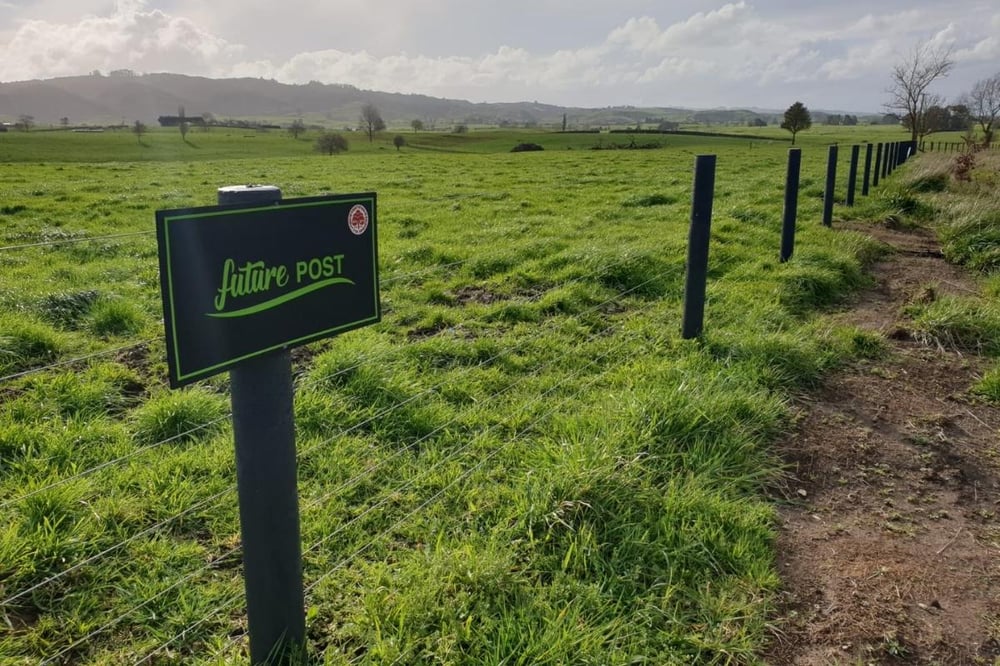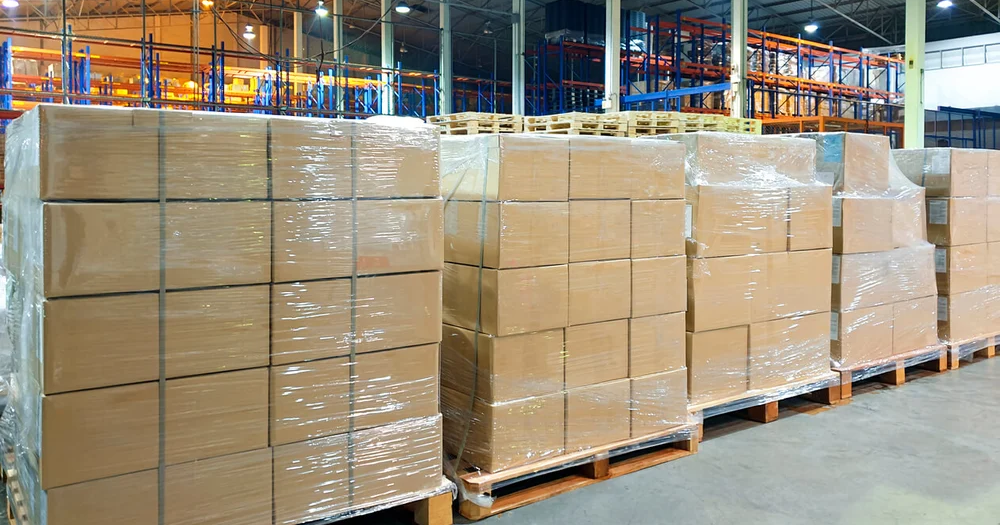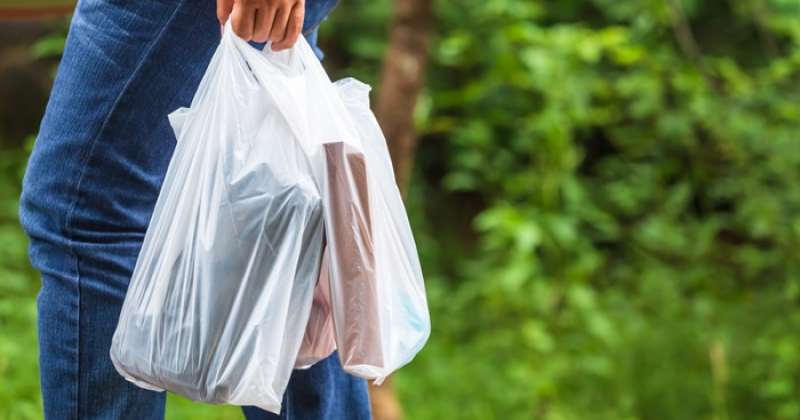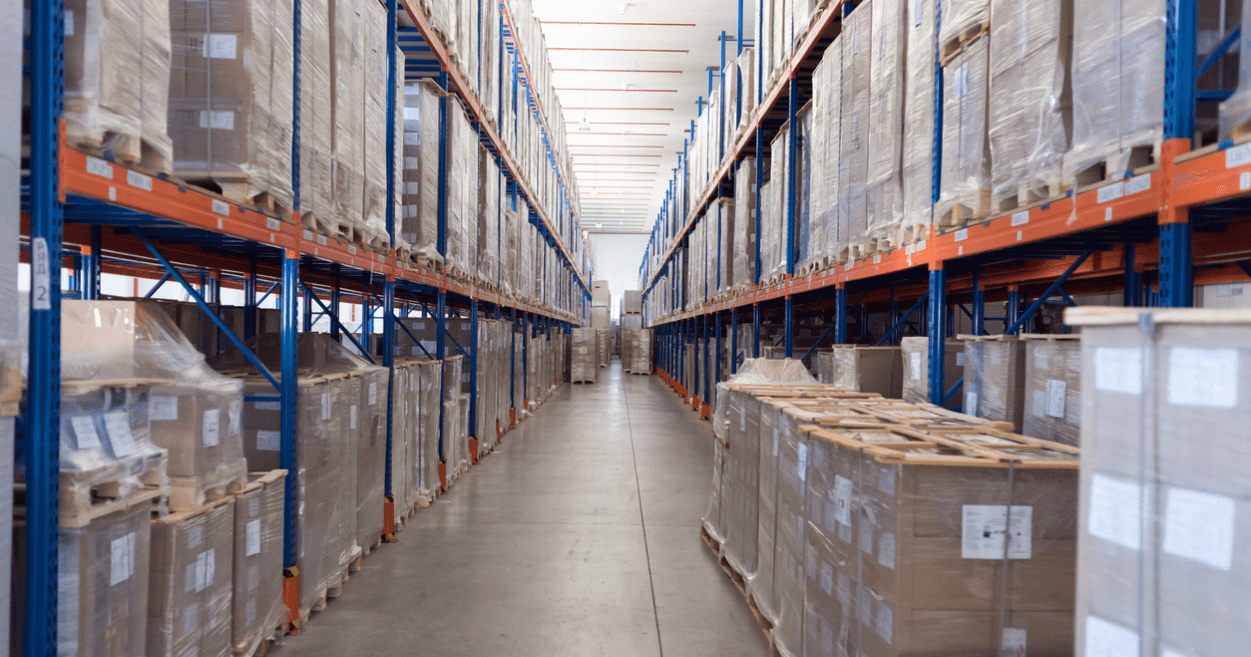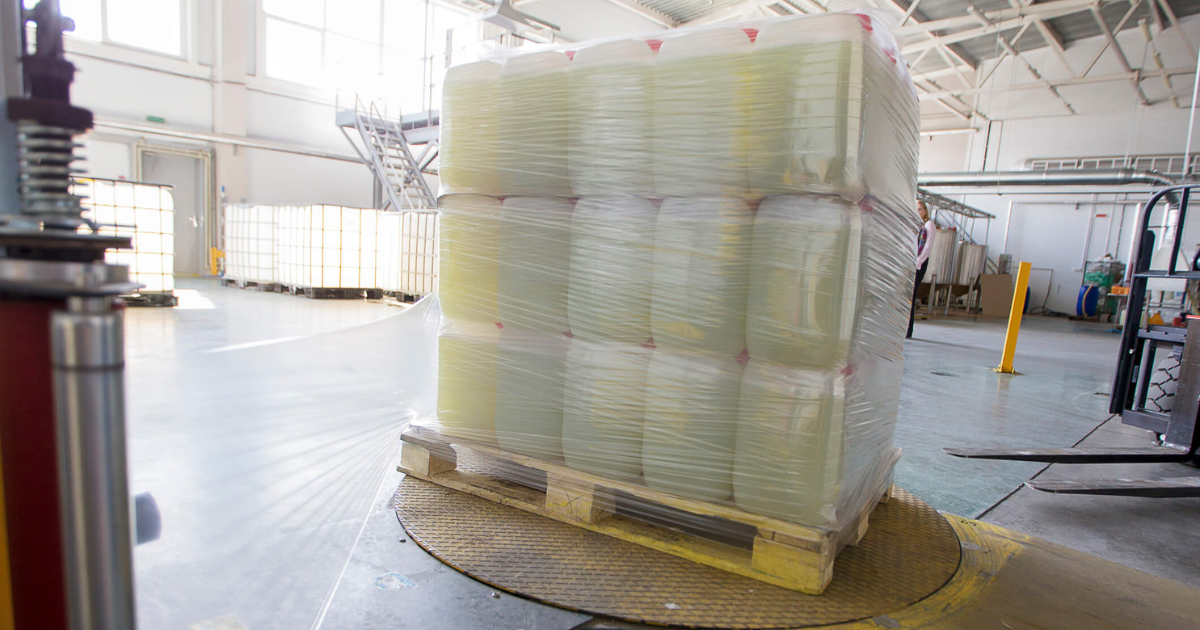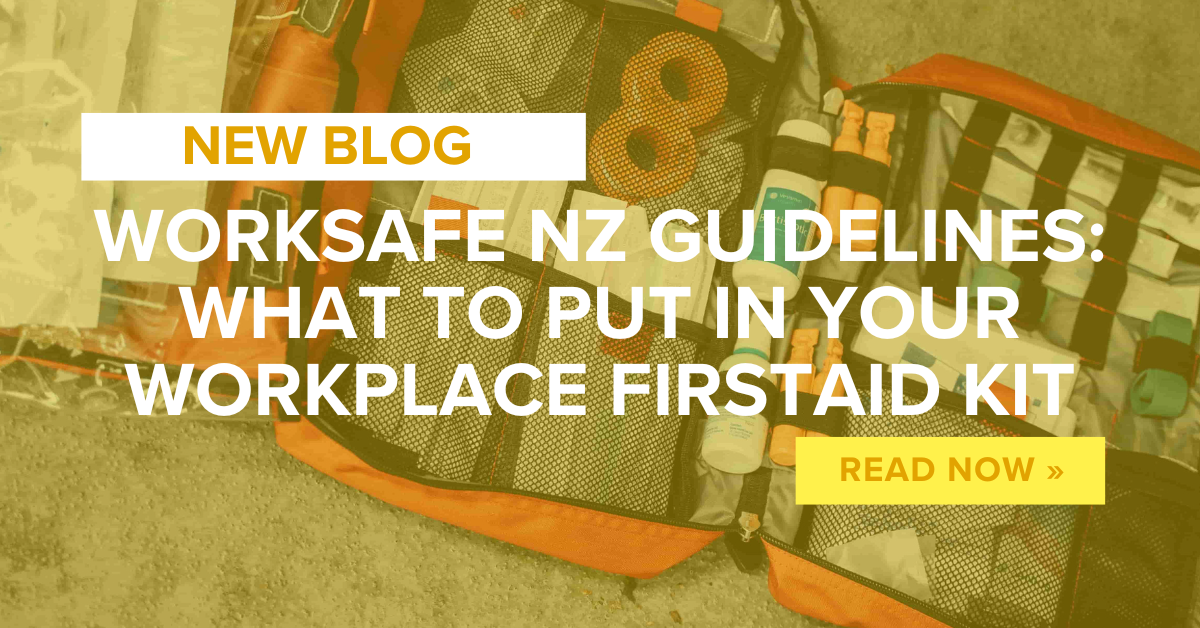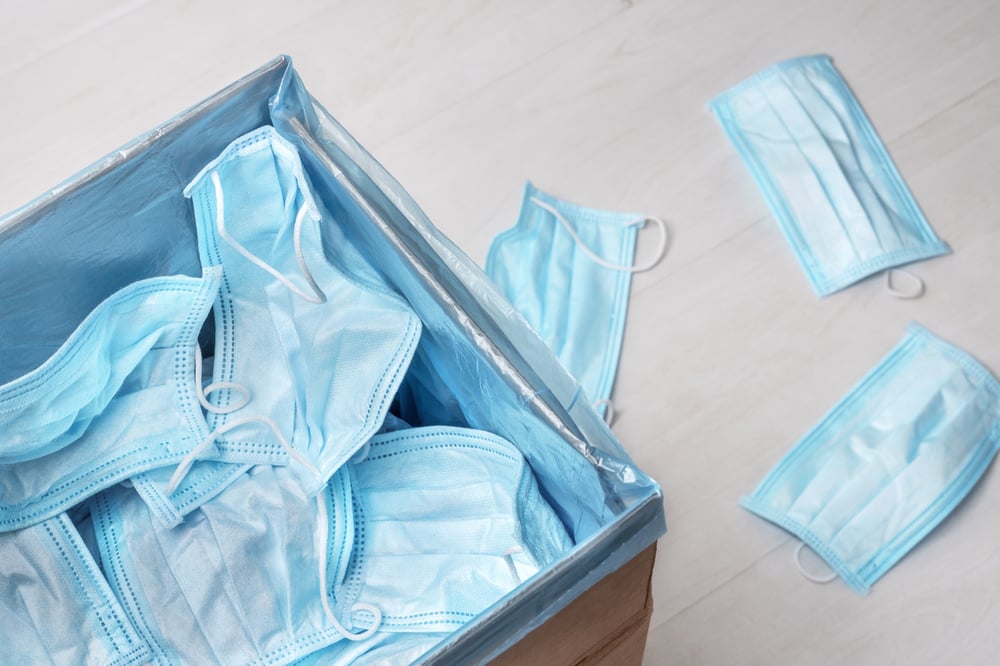
Sustainability has become a key focus for many businesses in recent years, however with a reliance on face masks for many daily operations, there are growing concerns around the sustainability of this type of PPE. In fact, an estimated 3 million face masks are used every minute, with 1.5 billion ending up in the ocean, in 2020 alone. Currently, New Zealand doesn’t have a standardised system for disposing of single-use face masks, and most of our plastic recyclables are shipped overseas to be processed.
The importance of face masks is undeniable, and eliminating them is not a viable option amidst the pandemic. Fortunately, recycling disposable masks is increasingly possible for New Zealanders, including through two sustainable initiatives – Terracycle and Future Post. To help you responsibly dispose of your face masks, we’ve summed up all you need to know in this blog.
New Zealand’s recycling process
Due to its size, New Zealand doesn’t have the infrastructure in place to process all of the plastic waste it produces, which is why most of it is exported to other countries to be processed. However, there are significant concerns with this system, especially when these countries are also struggling to manage such overwhelming volumes of plastic. Countries like China have been implementing new policies that significantly reduce their intake of low-value plastic waste. These changes highlight the need for more robust onshore processing capabilities for recycling plastic in New Zealand so that less is sent overseas, or landfilled here.
Are disposable face masks recyclable?
Disposable face masks are made of polypropylene (PP), which is known as #5 in the New Zealand recycling scheme. Despite increasing demand from New Zealand manufacturers, recycled Polypropylene (rPP) is still being sold offshore in bales and sent to our landfills. Many manufacturers use PP to make their products, from food packaging to machinery parts, because of the following characteristics.
Polypropylene qualities include:
- Resistance to chemicals
- Rigidity and strength
- Easy to weld
- Low moisture absorption
- Insulating
- Resistant to stress cracks
- Lightweight
- FDA food contact approved.
While plastic is increasingly problematic for the environment, it is also a valuable material for many industries. This points to an increasing need for a more circular approach in New Zealand, which minimises the requirement to import PP when there is already sufficient resource within the country to meet demand.
What is Terracycle?
Terracycle is a global organisation aiming to clean up waterways and recycle waste before it is introduced into the environment. Essentially, Terracycle collects plastic waste and then turns it into raw materials for a new life. This is an exciting step forward because it creates a more circular system and reuses discarded resources. Unfortunately, Terracycle only processes recyclable materials in the United States which means New Zealanders need to either ship their plastic waste themselves or find a local collection point. Once Terracycle has collected a full 40ft shipping container of recyclable materials, they send it via sea freight.
For many New Zealanders, this kind of system doesn’t work on a regular basis, because it means cleaning and separating plastics on top of the existing local recycling processes. You can join the Terracycle Facebook page to keep up to date with new initiatives in recycling or ask customer support if there is a collection point near you. However, ultimately it might not be worth the hassle to join the programmes until our local recycling infrastructure catches up.
What is Future Post?
Future Post is an innovative New Zealand business that saw the opportunity to use recycled polypropylene instead of importing it from offshore. Future post uses polypropylene to make tough, long-lasting fence posts for New Zealand farms, which is an exciting step toward a circular waste economy. The fence posts are designed to survive in the harsh New Zealand climate and are even BioGro certified for organic farms.
Future Post is looking to expand its reach across the country which will dramatically reduce the amount of plastic we have entering our environment. Not only is this an environmentally sustainable initiative, but it’s also producing world-class fence posts.
Future Post fence post qualities:
- Resistance to moisture, splitting, rotting, fungi and insects.
- More efficient to install because they are non-conductive and don’t need insulators.
- As strong as timber but with additional flexibility.
- Can be cut, drilled, nailed, screwed, bolted, stapled and post-driven.
- Consistent in size, colour and shape.
- UV stable with a 50+ year life expectancy.
- Environmentally friendly and won’t leech chemicals into the soil.
How is Primepac partnering with Future Post?
At Primepac we’re proud to have an exclusive stewardship with Future Post to ensure all of our PPE products are recycled into fence posts. We’re committed to protecting our local environment and the future of our planet which means taking steps to create a circular, sustainable economy, just like Future Post. This partnership saves 180 tonnes of our plastic waste annually by producing fence posts that are stronger, longer-lasting and in high demand.
A crate of 34 fence posts would traditionally require a tree to be felled, but now can be made using 34,000 used face masks instead. This is a revolutionary step for the recycling industry in New Zealand, and Primepac is proud to partner with Future Post on an ongoing basis.
The fence post manufacturing process:
- Used masks are discarded into designated bags which are permanently sealed.
- Bags and masks are broken down into smaller pieces ready for processing.
- The granulated plastic is heated to 250°C and melted. This also eliminates any risk of contamination.
- Recycled carbon is added for UV protection.
- The plastic mixture is shaped into fence posts.
Primepac customers can be assured they are buying top quality PPE protection and that it will be recycled responsibly for no extra cost. If you want to know more about your PPE options, and recycling through Future Post, contact our team to discuss your options.

